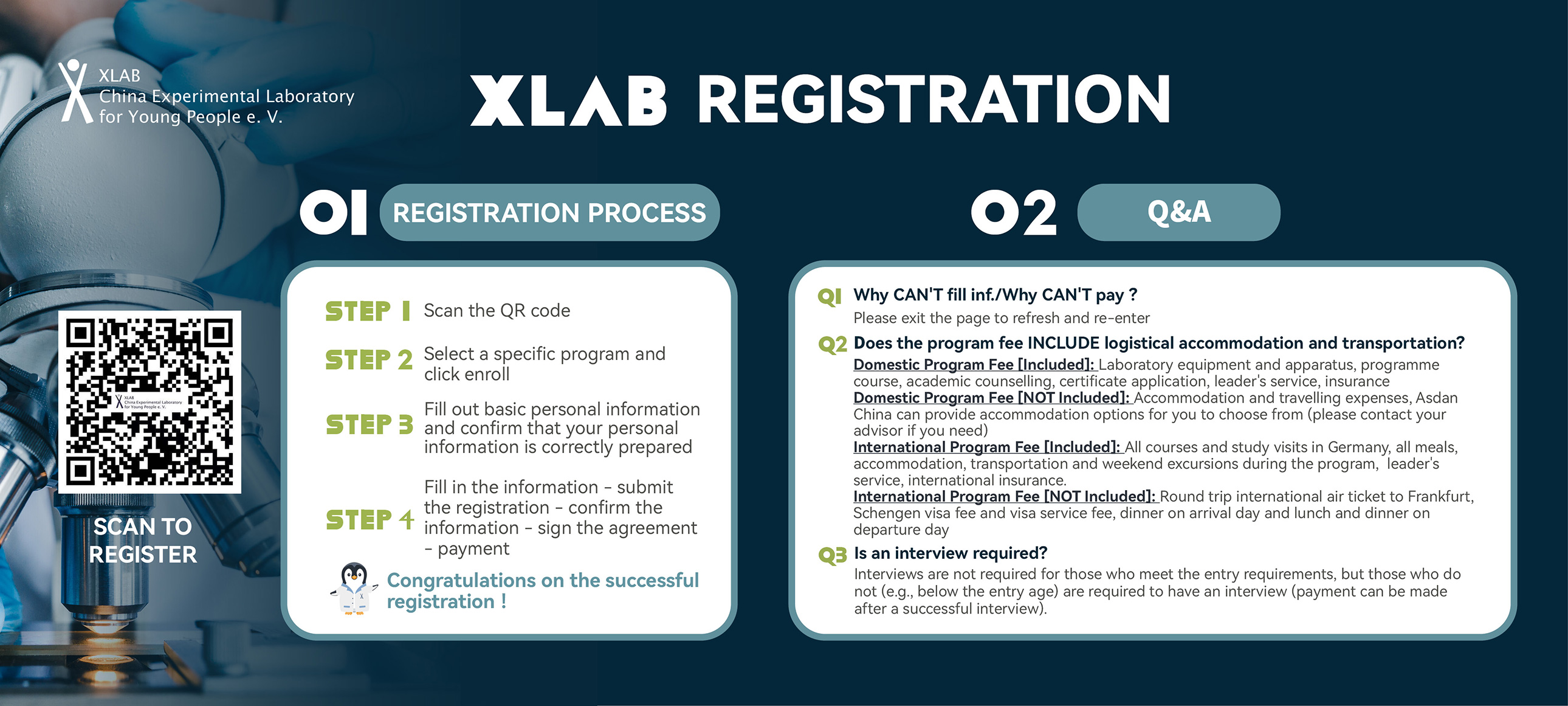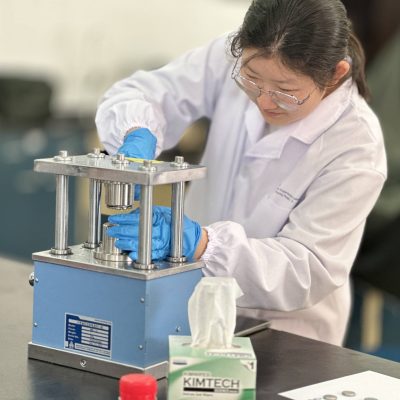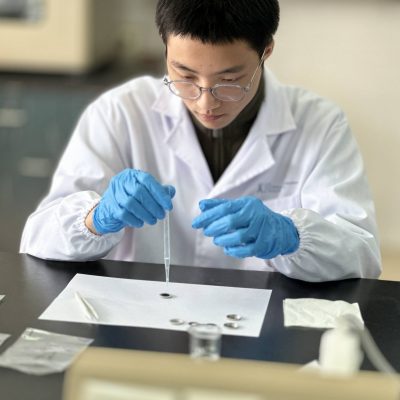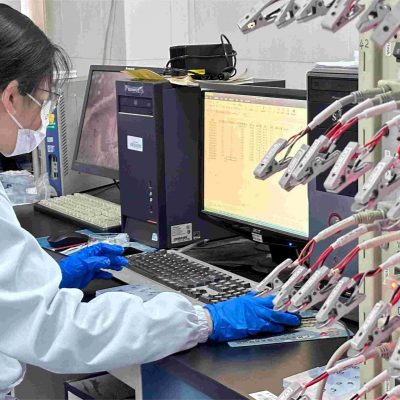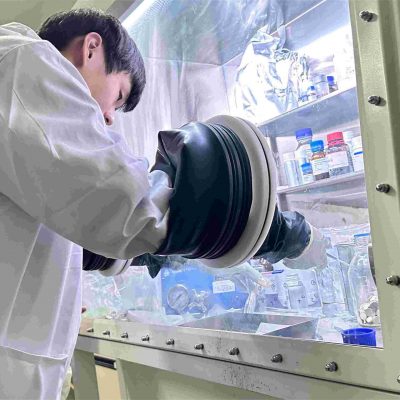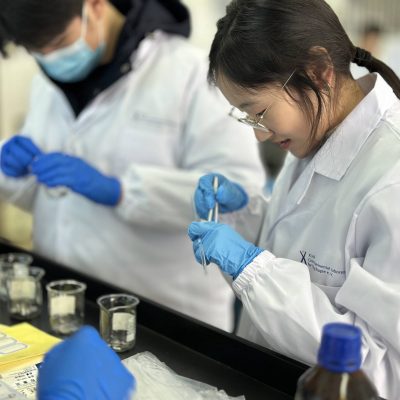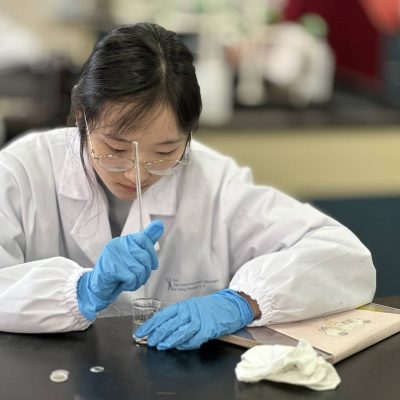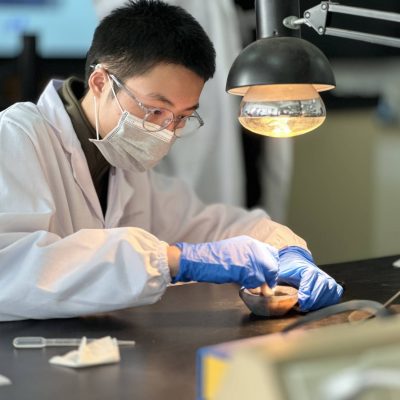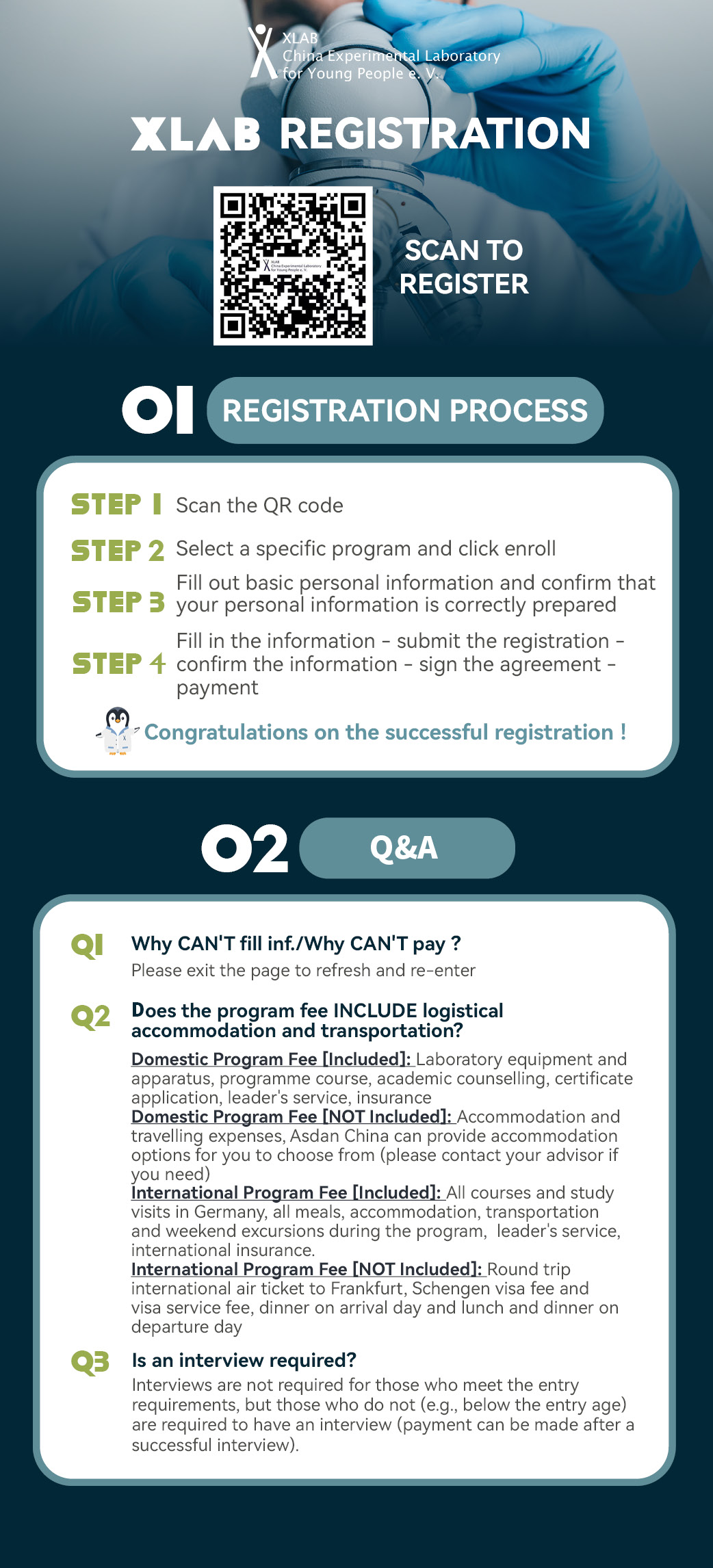New Energy Electric Vehicle - Lithium Iron Phodphate Battery Preparation
 Guangzhou
Guangzhou
Date: 【Winter】Feb.07th - Feb.11th, 2026
Subjects: Materials Science, Chemistry, Physics

Lithium iron phosphate is a type of lithium battery, which is a lithium-ion battery using lithium iron phosphate as the cathode material, characterized by solid safety stability, high-temperature resistance, and good cycling performance, which is widely used in the electric vehicle market; energy storage market, etc.
This program focuses on the fabrication and assembly of lithium iron phosphate batteries in a laboratory scenario and investigates the difference in battery performance with different raw material ratios.
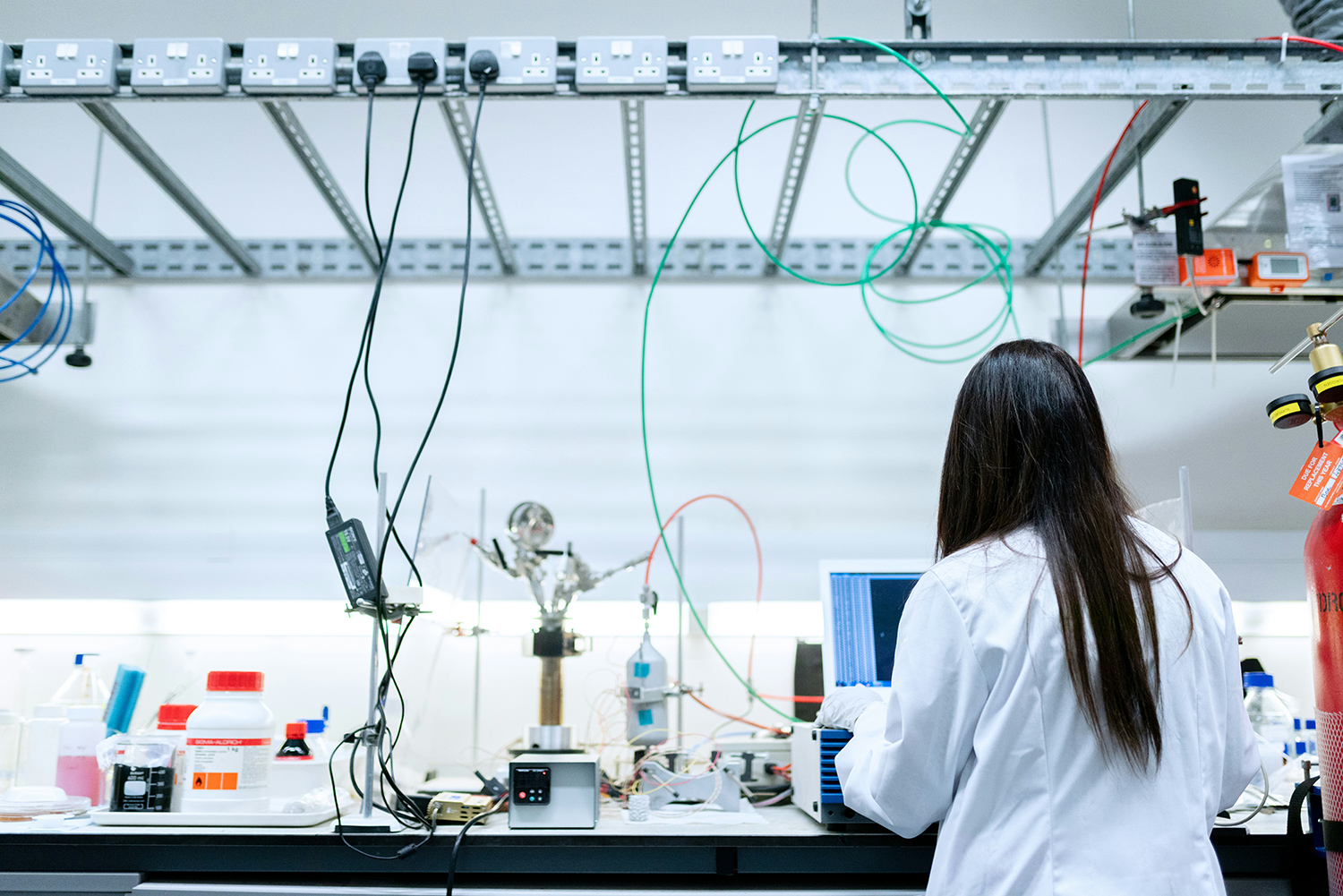
Teaching Faculty
Experts in materials from universities of the "Doble Top" Project are specially invited.

Cutting-edge Topics
Systematically learn the application technologies in energy and the basic theoretical knowledge of lithium-ion batteries and supercapacitors.
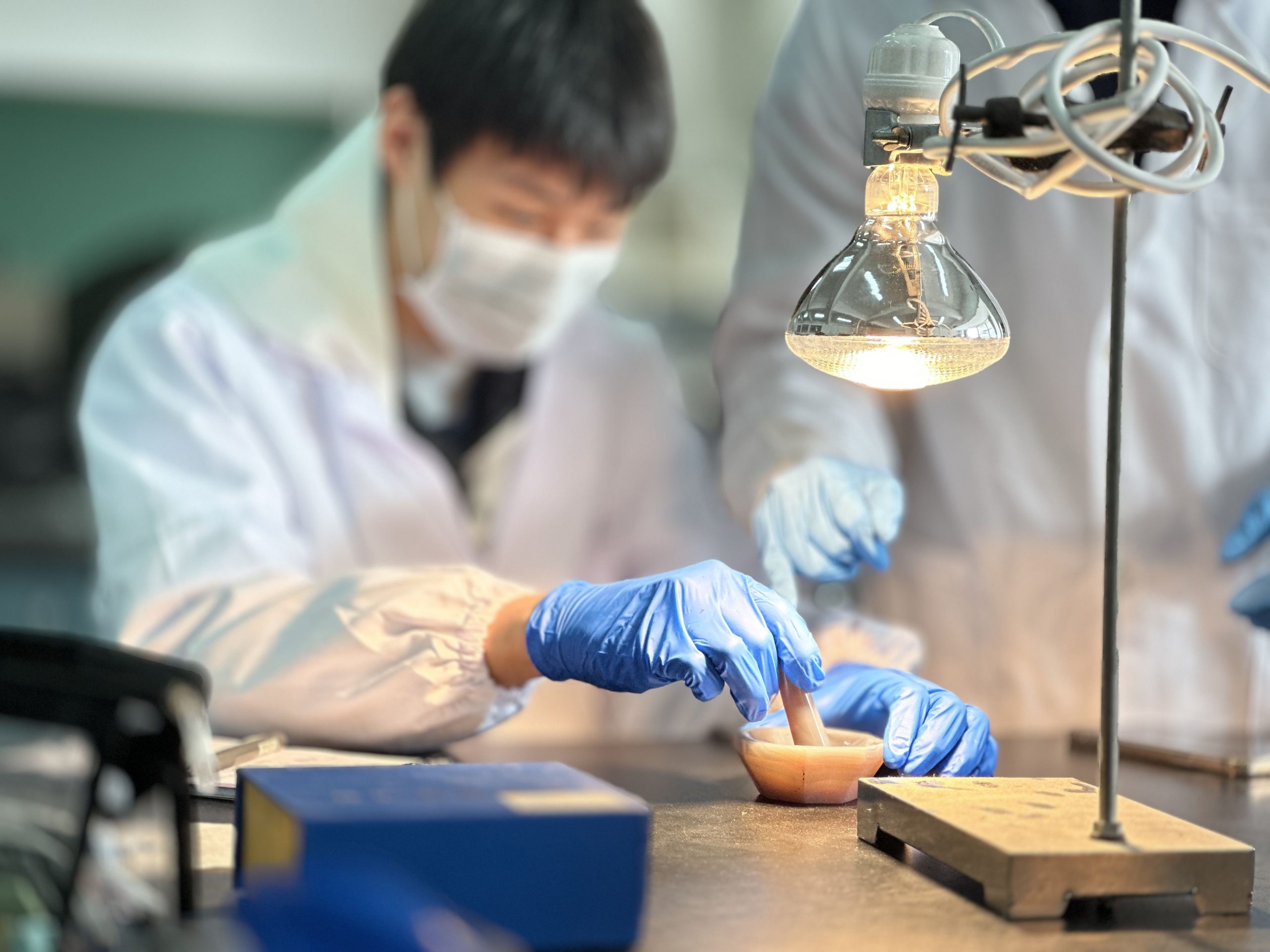
Real Lab Practice
Assembly and performance testing of supercapacitors, electrode sheet fabrication, battery assembly, etc.

Outcome Application
Research outcomes for enhancing the performance of modern new energy batteries, particularly in terms of their lifespan under the optimal raw material ratio.
Main Experiments
Supercapacitor Assembly
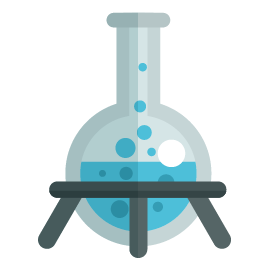
Glovebox Battery Assembly

Electrode Sheet Fabrication
Material Producing of Lithium Battery
Supercapacitor Assembly
Glovebox Battery Assembly
Electrode Sheet Fabrication
Material Producing of Lithium Battery
Certificates
).png)
CERTIFICATE OF ASDAN SCIENCE
ASDAN SCIENCE SHORT COURSES CREDIT ACCREDITED BY UCAS
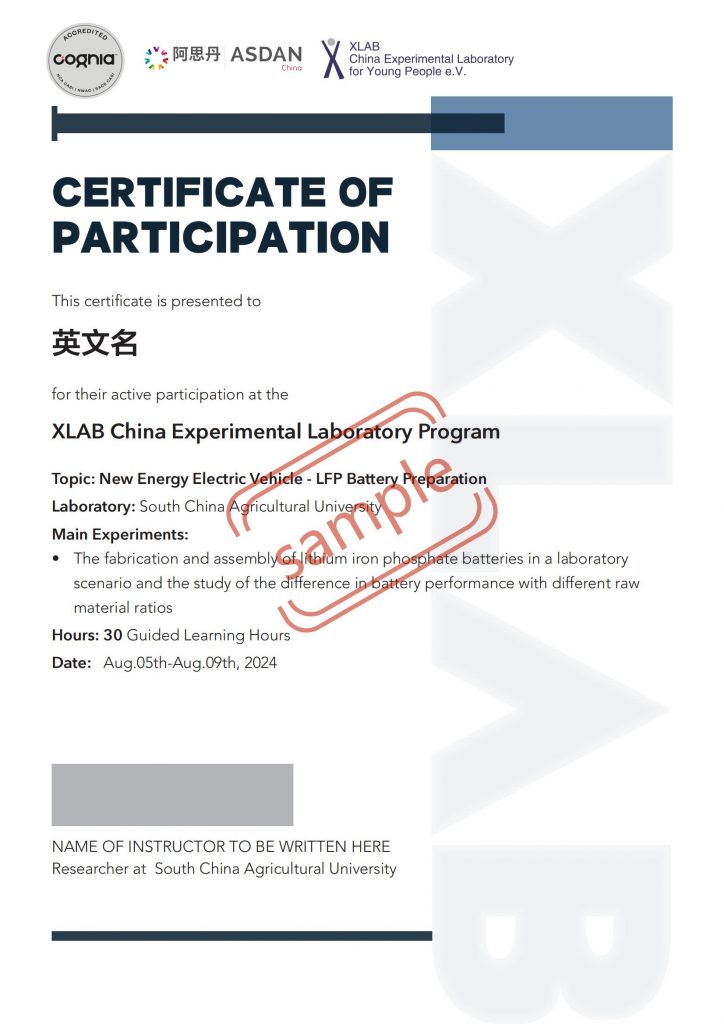
CERTIFICATE OF COMPLETION ISSUED BY XLAB CHINA

Feedbacks
-

I particularly enjoyed preparing lithium iron phosphate batteries and supercapacitors since I learned a lot of experimental knowledge from the two experiments. The process was very engaging, especially the assembly of the glove box and supercapacitors. Although my goal for studying abroad is mechanical engineering, physics and chemistry are closely related. Therefore, this experience has greatly benefited my future academic applications and my knowledge accumulation.—— Shenzhen Foreign Language School (Yantian Campus), Student Qi

-

Grinding the electrode materials for lithium iron phosphate batteries made me realize the challenges of scientific research. Each step in the experiment requires researchers to approach it with patience and conduct it rigorously and meticulously. I experienced the harshness of research work through the high-temperature exposure from infrared lamps and the slow grinding. XLAB has also provided significant help and guidance for future studies in my chosen field.—— Shanghai United International School Hefei Campus, Student Zou

-

I've gained the most significant rewards in collaborating on pre-assembling lithium-ion batteries. It has elevated my teamwork and communication skills, bolstered my practical lab abilities, and instilled in me the meticulous, diligent, and patient spirit required for research. Through the XLAB experiment, I delved into materials energy, confronting challenges typical of scientific inquiry. This experience has steered me towards disciplines in energy, where physics and chemistry are pivotal in their applications, and teamwork is integral to achieving fruitful outcomes.—— The No. 3 Senior High School of Shenzhen (A-level Course), Student Yu

-

I've gained a wealth of knowledge by learning to make lithium-iron phosphate batteries and supercapacitors. Through teamwork, we triumphed over challenges and relished the satisfaction and joy of completing experiments together. For me, the most rewarding moments were the two grinding experiments. Spending nearly an hour under the infrared lamp, repeatedly grinding materials tested our perseverance and team's coordination. To avoid burns, we had to take turns grinding. This experience toughened my resolve and gave me a clearer understanding of teamwork's importance. In the lab, teammates are indispensable, and I realized that some challenges cannot be solved quickly; they require enduring perseverance. Just like preparing for studying abroad, it demands lengthy preparation, accumulating knowledge, and mastering languages to better face the future.—— The High School Affiliated to Beijing Normal University, Student Yang

Photo Gallery
Why Us
History
XLAB has a 20+ year history. It was initiated by Professor Neher of the University of Göttingen in Germany and strongly supported by the German government and the University of Göttingen. XLAB, centered around high-end scientific experiments, is widely favored by over 10,000 students yearly. XLAB has established practice centers worldwide, aiming to expand this unique concept and teaching method to reach more students.
XLAB aims to enable more people to learn and experience the joy of science, encouraging them to explore the mysteries of science and consider how to use science to solve human problems. Therefore, XALB's subjects are generally more complex in physics, biology, or medicine. Instead, they focus more on interdisciplinary, cutting-edge topics such as genetic engineering, medical research, nanobiology, medical chemistry, high-energy physics, and more.
Subject
Experiment
Experiments are the core of the XLAB. Each participant can enter advanced laboratories to conduct safe experiments, analyze data, and write experiment reports. Over six hours of scientific research daily enhances students' scientific knowledge and logical thinking and cultivates concentration and endurance. Students will be able to experience the work content and status firsthand and consider whether to choose a research direction in future education.
The courses in XLAB are unique. They consist of four key modules: Subject Introduction and Program Thinking, Scientific Research Teaching, Laboratory Operations, Experimental Data Analysis, and Research Report Writing. All courses are taught in small groups of 10 to 25 students.
Course
Faculty
Experts are invited to design experiments and teach students since the topics and content of XLAB exceed the curriculum of high schools and are specialized in specific research areas. Relevant scientific research institutions support XLAB China and provide an in-depth academic experience for Chinese students based on its unique teaching methods and experimental requirements.
Two authoritative certificates are available: the XLAB Program Certificate of Participation, which details the experimental content and is signed by instructors. Students will complete an academic report containing experimental results and data analysis to apply for the ASDAN "Science Award" Certificate for 30 credit hours of study officially accredited by UCAS.
Certificate
Research
XALB provides invaluable research scenarios for students who plan or are currently engaged in natural science research-oriented learning, such as EPQ or scientific papers, to implement their research plans and participate in hands-on scientific research. Experimental reports can be considered as part of their research achievements.

